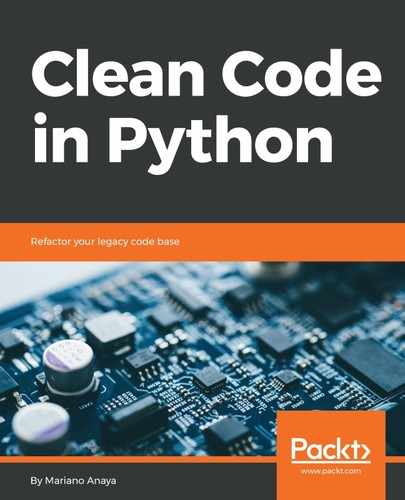Unit testing is a really interesting and deep topic, but more importantly, it is a critical part of the clean code. Ultimately, unit tests are what determine the quality of the code. Unit tests often act as a mirror for the code—when the code is easy to test, it's clear and correctly designed, and this will be reflected in the unit tests.
The code for the unit tests is as important as production code. All principles that apply to production code also apply to unit tests. This means that they should be designed and maintained with the same effort and thoughtfulness. If we don't care about our unit tests, they will start to have problems and become defective (or problematic), and as a result of that, useless. If this happens, and they are hard to maintain, they become a liability which makes things even worse, because people will tend to ignore them or disable them entirely. This is the worst scenario because once this happens, the entire production code is in jeopardy. Moving forward blindly (without unit tests) is a recipe for disaster.
Luckily, Python provides many tools for unit testing, both in the standard library and available through pip. They are of great help, and investing a time in configuring them really pays off in the long run.
We have seen how unit tests work as the formal specification of the program, and the proof that a piece of software works according to the specification, and we also learned that when it comes to discovering new testing scenarios, there is always room for improvement, and that we can always create more tests. In this sense, expanding our unit tests with different approaches (like property-based testing or mutation testing) is a good investment.
